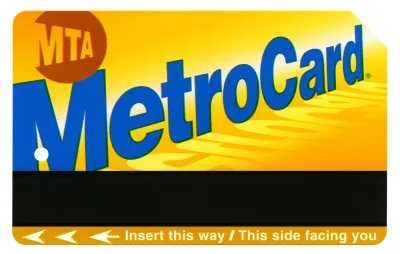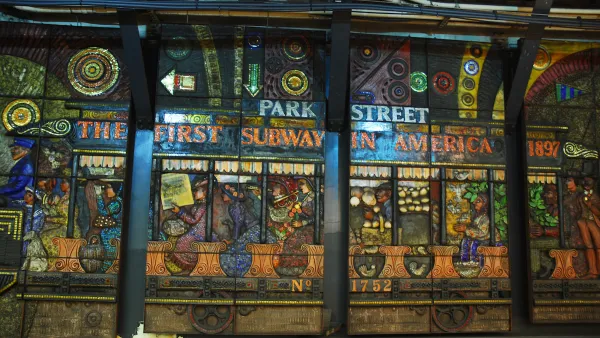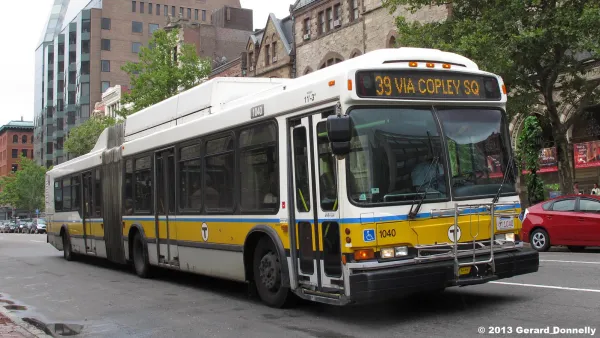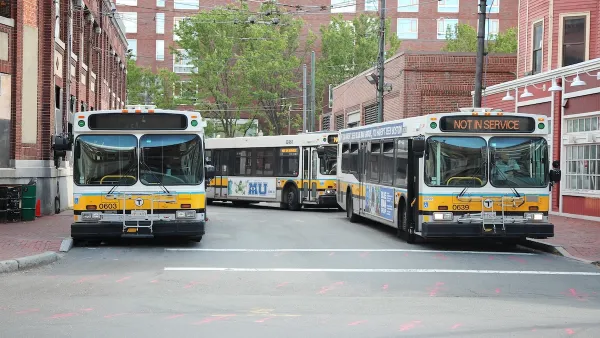A study from MIT seems to confirm that the cost of transit is depressing use of service by low-income residents, and that reduced fares help this population take the trips they currently don’t.

A randomized trial of Boston commuters showed that low-income transit users are more likely to use transit when they received a discount. The study separated a group of transit users into a group that got a discount and one that didn’t. “Unsurprisingly, people who paid half price for transit fares used transit more often: the group that received the discounted CharlieCard took, on average, about 30% more trips per week than the control group paying full price,” Christian MilNeil writes for Streetsblog Massachusetts. The findings suggest that ridership by low-income transit riders is suppressed by the cost of using services.
Interestingly, the ridership habits of the subsidized groups varied somewhat from those of other riders. "While transit agencies might be concerned that offering a discounted fare to lower-income riders might increase crowding, the study’s data show that lower-income households (with and without the discount) were actually more likely to ride during off-peak times, especially in the early-morning hours before 7 a.m.," Milneil writes. The study's authors think if the agency were to subsidize low-income riders, most of the ridership gain would be on buses and trains that currently have capacity.
FULL STORY: MIT Study: High Fares Limit Low-Income Households’ Mobility

Analysis: Cybertruck Fatality Rate Far Exceeds That of Ford Pinto
The Tesla Cybertruck was recalled seven times last year.

National Parks Layoffs Will Cause Communities to Lose Billions
Thousands of essential park workers were laid off this week, just before the busy spring break season.

Retro-silient?: America’s First “Eco-burb,” The Woodlands Turns 50
A master-planned community north of Houston offers lessons on green infrastructure and resilient design, but falls short of its founder’s lofty affordability and walkability goals.

Test News Post 1
This is a summary

Analysis: Cybertruck Fatality Rate Far Exceeds That of Ford Pinto
The Tesla Cybertruck was recalled seven times last year.

Test News Headline 46
Test for the image on the front page.
Urban Design for Planners 1: Software Tools
This six-course series explores essential urban design concepts using open source software and equips planners with the tools they need to participate fully in the urban design process.
Planning for Universal Design
Learn the tools for implementing Universal Design in planning regulations.
EMC Planning Group, Inc.
Planetizen
Planetizen
Mpact (formerly Rail~Volution)
Great Falls Development Authority, Inc.
HUDs Office of Policy Development and Research
NYU Wagner Graduate School of Public Service




























